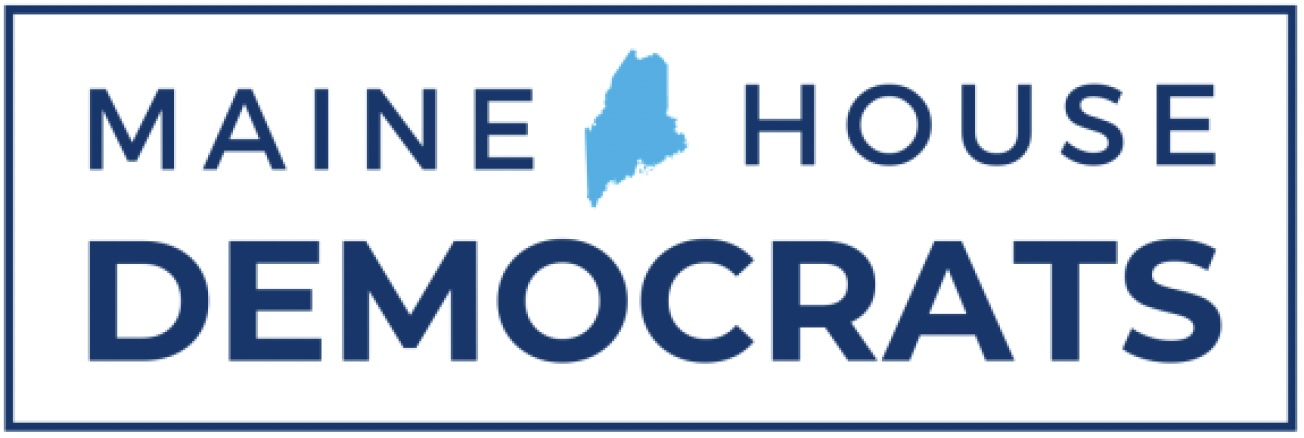AUGUSTA - Rep. Charles Skold, D-Portland, introduced legislation Thursday before the Legislature's Judiciary Committee to help low and moderate-income Mainers obtain legal representation in civil court proceedings regardless of their ability to pay for a lawyer.
Under current Maine law, with certain exceptions, all parties in a legal matter must pay their attorney fees, regardless of who prevails. LD 1259 would change this and allow individuals who meet certain income requirements to recover costs and attorney fees from businesses and other organizations in the state if the individual wins the case against them.
"Financial resources should not be a barrier to accessing justice," said Skold. "This legislation is a huge step forward in closing the justice gap and ensuring people are able to have their voice heard and exercise their rights, regardless of their financial situation."
The current costs of navigating the legal system are particularly burdensome for low-income individuals, who often lack the resources to hire legal counsel. According to a recent report by the Legal Services Corporation, 92% of low-income Americans receive inadequate or no professional legal assistance for their civil legal challenges in any given year. This bill would enable Maine lawyers to take on more pro bono cases by giving them an expectation of reasonable compensation if their client prevails.
Numerous organizations submitted combined testimony supporting the bill, including the Maine ACLU, Southern Maine Worker's Center, Maine Employment Lawyers Association, Southern Maine Labor Council, Maine Center for Economic Policy and Disability Rights Maine.
"Anyone who has participated in the legal system knows well that you need a lawyer in court to achieve justice," said Donald Fontaine, former executive director for Pine Tree Legal, in testimony supporting LD 1259. "Because so few low-to moderate-income litigants have access to a lawyer, we need not just one, but diverse solutions to the access-to-justice crisis that affects so many individuals in Maine."
It's an innovative way to reduce the vast gulf in the relative abilities of business entities and low-income people to access the justice systems in Maine without requiring more taxpayer dollars," said former Maine District Judge Patrick Ende in testimony supporting the bill. "This is the first time, since the late 80s, that I've had some hope that Maines legal access gap may finally be reduced."
The Legislature's Judiciary Committee will hold a work session on the bill in the coming weeks. Rep. Skold, a member of the Labor and Housing Committee, is serving his first term in the Maine House and represents District 119, which includes downtown Portland, Munjoy Hill and the Casco Bay Islands.
Contact:
Brian Lee [Skold], c. 305-965-2744

